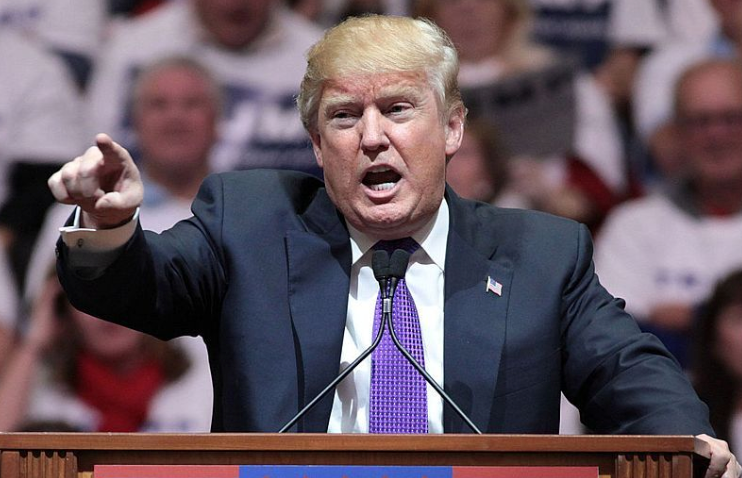An overlooked falsehood from MAGA Republicans poses significant dangers. While the “Big Lie” about the 2020 election is substantial, another lie, that Trump’s presidency fostered economic prosperity, holds destructive potential.
Trump frequently touts his economic achievements, but experts who analyze global economies disagree. The US economy struggled during his tenure due to several misguided policies.
Firstly, Trump drastically cut the corporate tax rate from 35% to 21%, leading to a budget deficit increase, national debt surge, and a record-breaking $7.8 trillion debt addition during his presidency.
In 2019, the deficit reached -4.7% of GDP, the worst among OECD countries. In 2020, due to his mismanagement of the pandemic, the deficit ballooned to -15.0% of GDP, a historic high.
Trump’s unilateral tariff decisions caused trade retaliation, severely impacting farmers and leading to an estimated 1,600 farmer suicides. The government had to borrow billions for emergency relief, granting $70.2 billion to struggling farmers.
Wasteful spending also rose under Trump, including cost overruns on military equipment, construction of the Southern wall, and funneling millions to his golf resorts.
Trump’s constant claims about household net worth don’t align with the data, as the highest recorded during his term was $110.1 trillion, while it surged to $143.9 trillion in the 2022 first quarter under Biden’s presidency.
By the end of Trump’s tenure, the US economy lagged behind OECD countries in various metrics, considered poorly managed by independent economists.
Fortunately, the economy is recovering under Biden, but dispelling the myth of Trump’s economic prowess remains a challenge.








